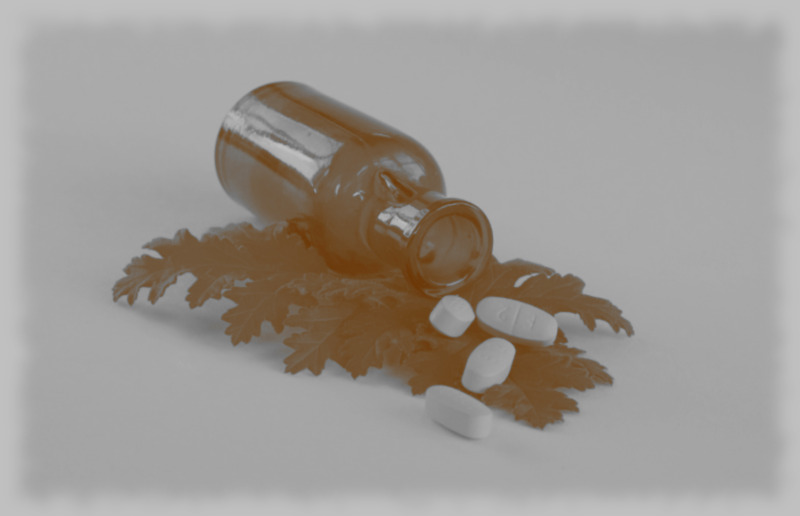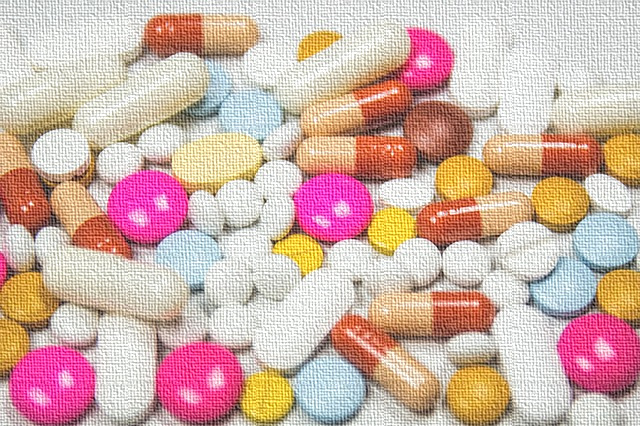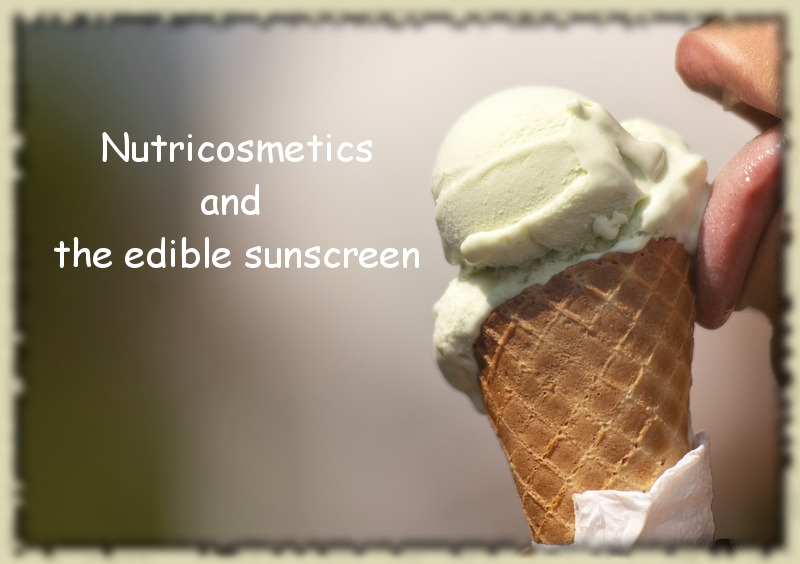Nutricosmetics market is a huge and fast growing market with the trend (almost as always) starting in Asia. About 8 years ago as I sent a manuscript about nutricosmetics to a German cosmetic magazine they rejected my article with the reasoning: "most of our readers don't even know what it is."
Anyway, the trend has arrived in the US and EU and anybody who is somebody is private labeling or has swallowed a nutricosmetics manufacturing company.
Basically, nutricosmetics are oral products (mainly tablets, powders and drinks) that boost the "beauty from within".
The association between nutrition, beauty and skin health is even longer than the written history and there is nothing new in this. You can certainly remember some advice from your granny: eat XY for a glowing skin or avoid XZ, it has an adverse effect on your complexion. What is new however, is the ability to separate and process specific active ingredients and to compose high-tech claims.
The most popular ones on the market are:
- carotenoids
- polyphenols
- coenzyme Q10
- collagen and its derivatives
- omega-3 fatty acids
- vitamins
- plant based ceramides
with the main activity in:
- skin whitening
- sun protection
- anti-aging
Although the market is very promising, there is a huge lack of evidence for efficacy and even worse, a huge lack of regulation. Somewhere between food, cosmetics, dietary supplements and pharmaceuticals, nutricosmetics are a little bit of each and not quite any of these categories.
One of the most successful (and confusing claims) is the UV protection and avoiding/ reducing skin damage or reversing the damage caused by UV radiation. Although there are interesting studies (I have listed some of these studies at the end of this post) supporting these claims, most studies are sponsored by suppliers of the active ingredients or finished products. This is something that completely affects the credibility of these studies.
It was just about last week that news came out that the research which announced talcum to be harmless was sponsored by J&J. This means, the credibility of research sponsored by the industry should be considered with a huge dose of caution.

Only a couple of months ago, the FDA issued a statement and a warning regarding the misleading claims of nutricosmetics and dietary supplements with UV-protection claims:
Anyway, as a manufacturer of skincare products, you may be confronted with nutricosmetics, asked by customers about the efficacy or probably have even considered adding nutricosmetics to your line. It's your choice. Just keep in mind that the lack of clear regulations makes it extremely difficult for small players to have a share of the market while complying with the rules.

Some interesting articles:
BeHappy and have FUN




